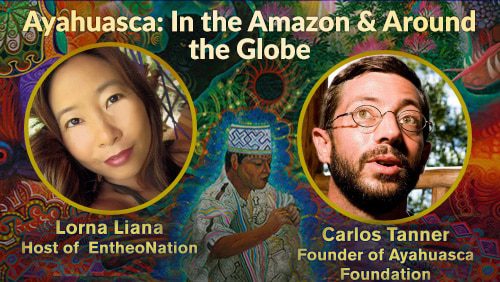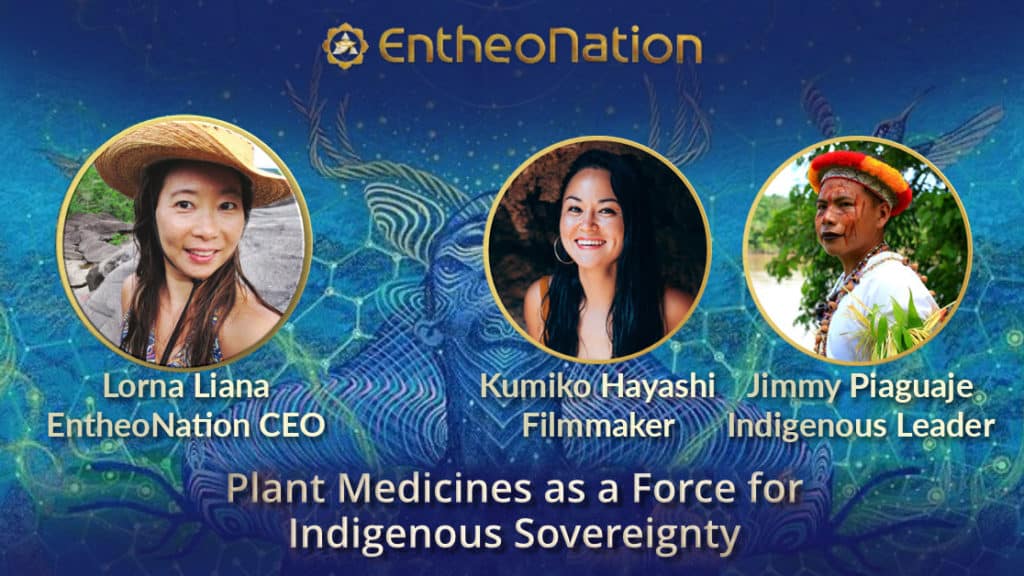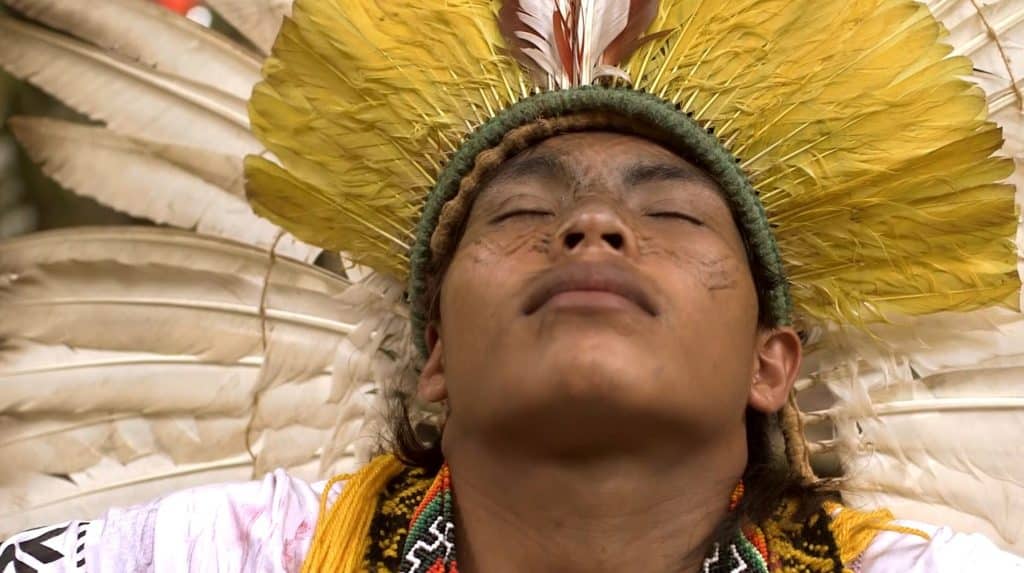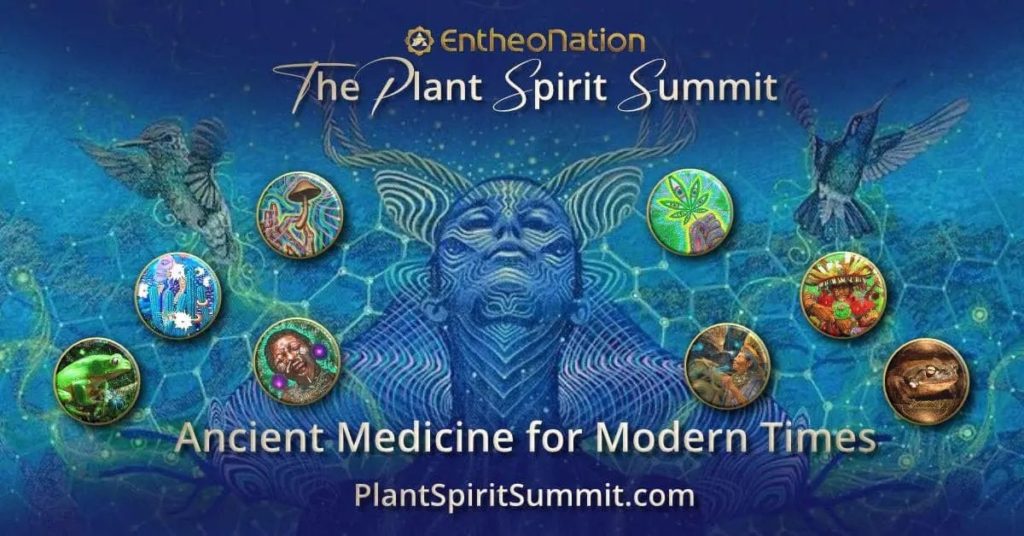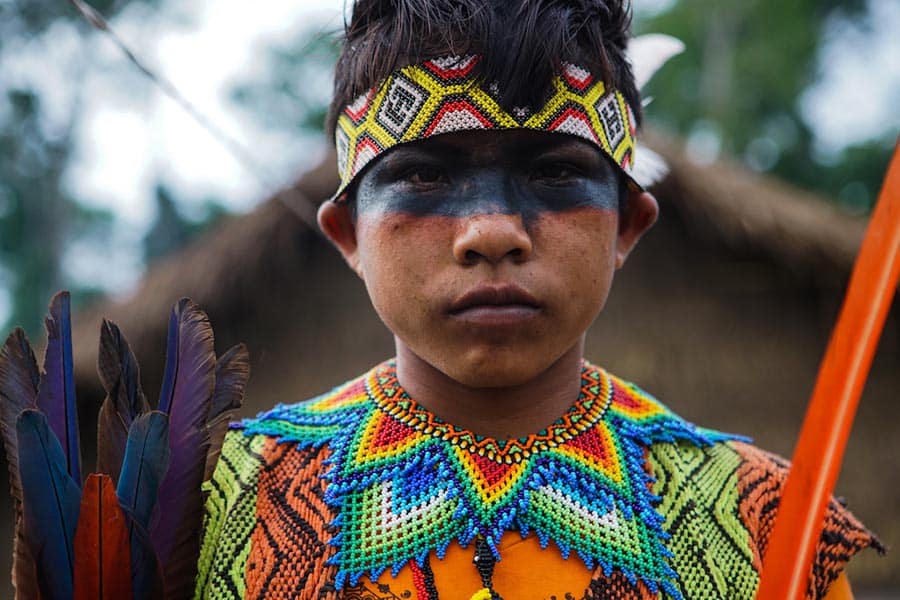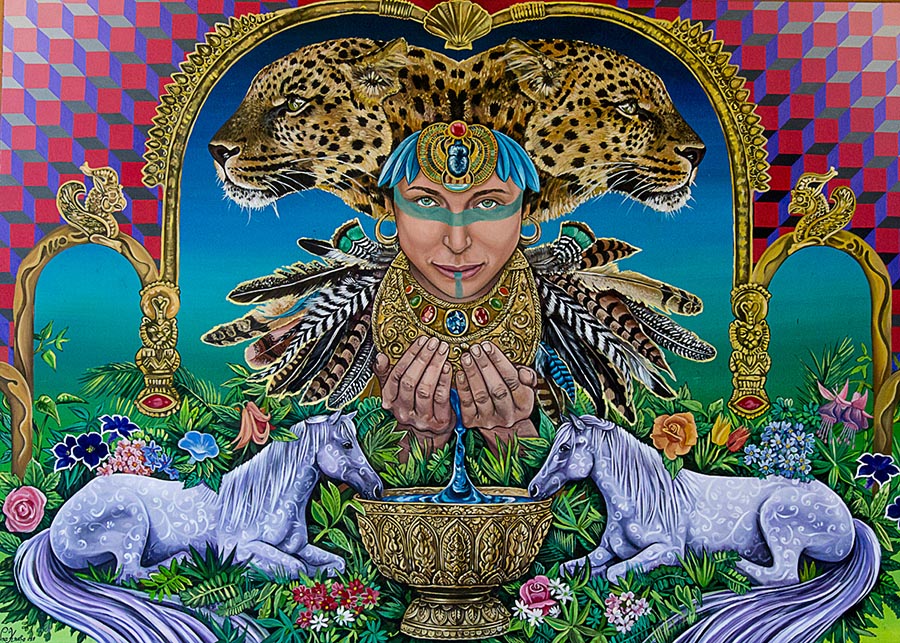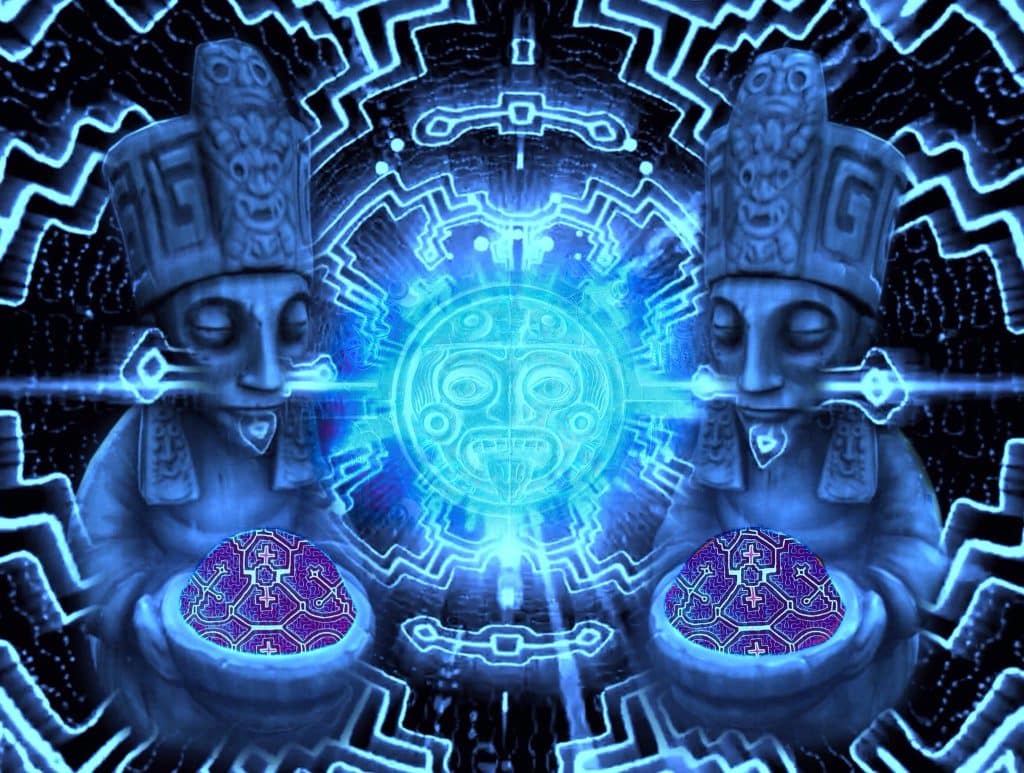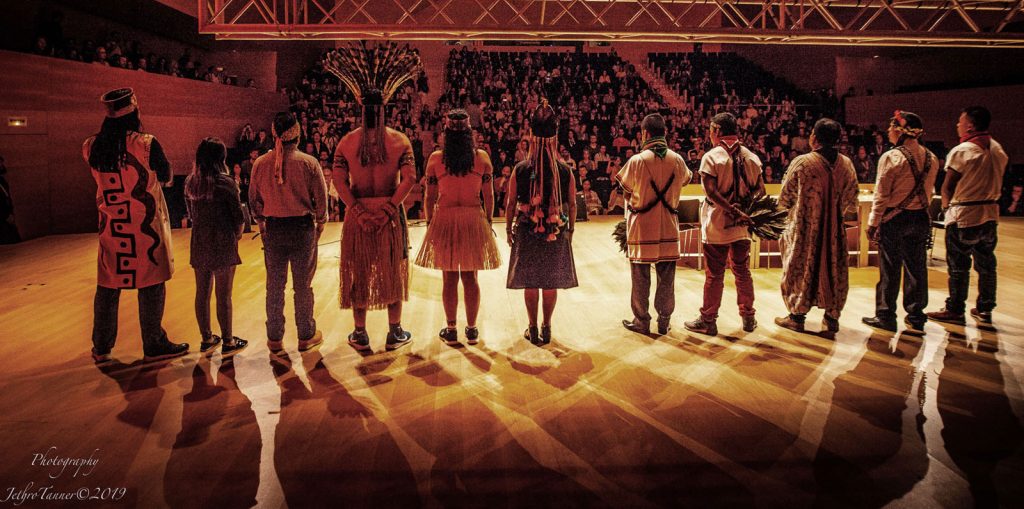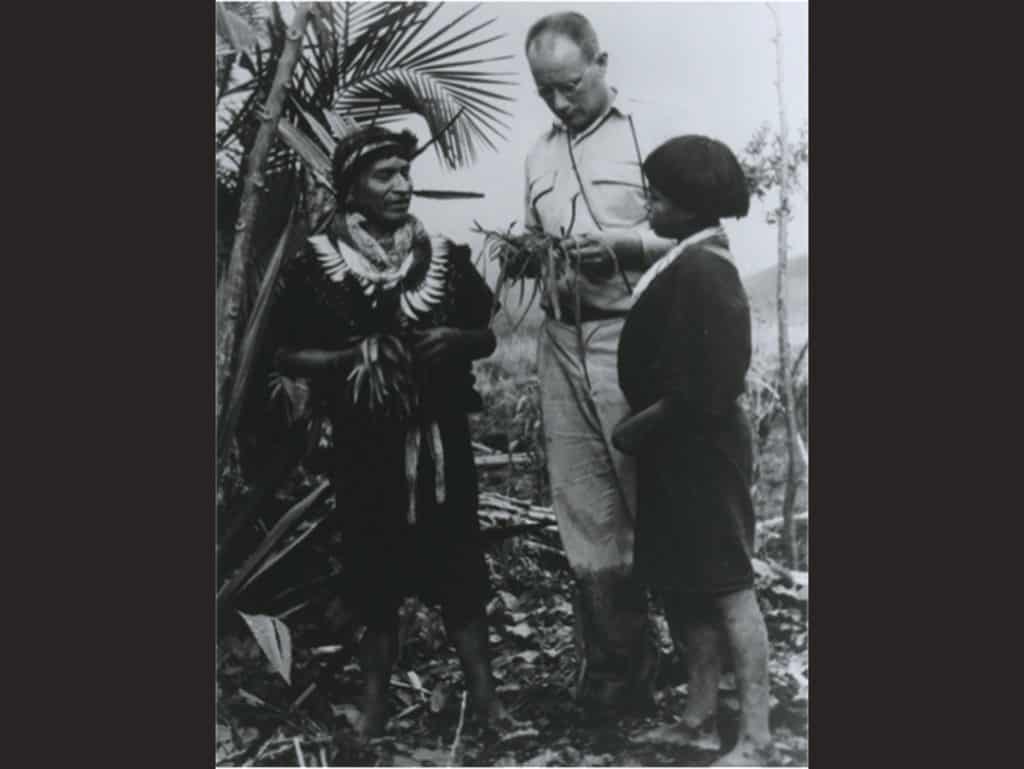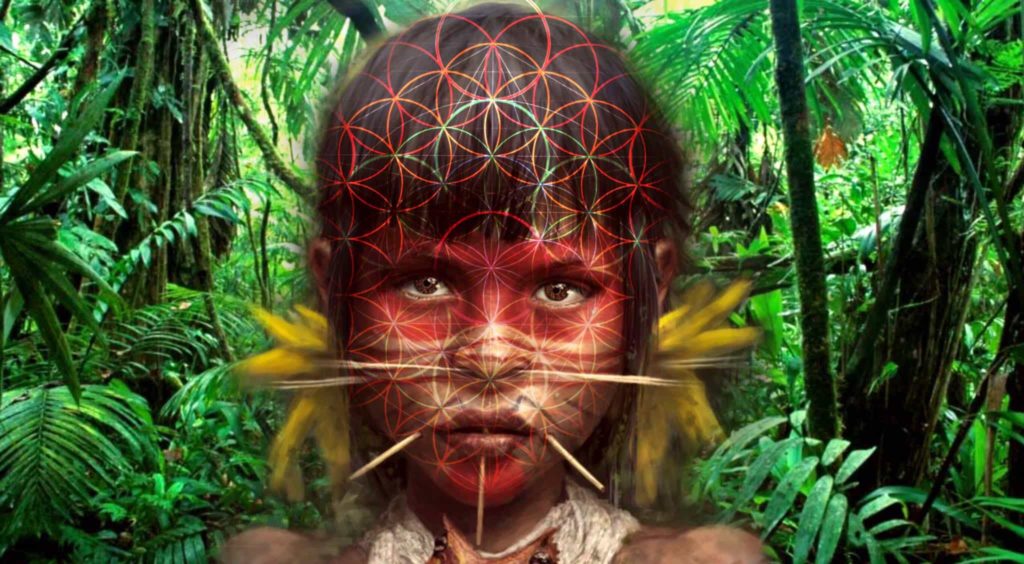Indigenous Culture
Indigenous peoples are any ethnic group of peoples who are considered to fall under one of the internationally recognized definitions of indigenous peoples, such as “those ethnic groups that were indigenous to a territory prior to being incorporated into a national state, and who are politically and culturally separate from the majority ethnic identity of the state that they are a part of.” Some people refer to the indigenous as ‘first nation peoples,’ or ‘original peoples.’ They were the first to walk on any given earthly land before it was colonized by other nations/peoples.
Indigenous peoples all have their own unique culture that they live by, with inherent morals, principles, beliefs, customs, traditions, philosophies and practices. For the most part, what unites indigenous cultures in commonality is that they are earth-centered and animistic – believing that everything in existence holds consciousness. Some of these cultures feature practices surrounding the use of psychotropic plants, believing that such practices are a way of gaining direct access to this animistic consciousness that is considered to be wise and divine. It is these practices that brought a global upsurge in interest in the cultures of the world’s indigenous peoples.
The Importance of Traditional Ayahuasca Techniques with Carlos Tanner
Carlos Tanner has spent years learning directly from Shipibo ayahuasca shamans in Peru – here are the most important techniques for ayahuasca facilitators.
Read MorePlant Medicines as a Force for Indigenous Sovereignty with Kumiko Hayashi & Jimmy Piaguaje
What is it like to live with and document indigenous cultures, ceremonies, and rituals? How are some indigenous communities using film to raise their voices and rebel against the threat of giant extractive industries? What role do plant medicines play in indigenous spirituality, as well as their political sovereignty? Learn in this interview with meta-shaman and filmmaker Kumiko…
Read MoreAyahuasca & the Huni Kuin Cultural Revival
An indigenous cultural renaissance is taking place in parts of Brazil, and ayahuasca is at the center of this sovereignty movement. Translating to “True People,” the Huni Kuin make up the largest indigenous nation in the state of Acre in Brazil. At least 35% of their population is distributed throughout 12 lands in Acre, spread…
Read MoreExplore the Intersection of Psychedelics & Shamanism at The Plant Spirit Summit
A new paradigm of healing is emerging at the intersection of psychedelic medicine and ancestral shamanic healing… Psychedelic medicine has been pushed to the forefront as the new frontier in psychotherapy, a new solution to the global mental health crisis. Psychotherapists might say that its cause is widespread trauma, the outcome of an increasingly unequal…
Read MoreAyahuasca Ceremonies Huni Kuin Style, at the Eskawata Kayawe Festival
Guest writer Iván Sawyer García gives us a glimpse of the Huni Kuin way of life, and their use of ayahuasca, in the Brazilian Amazon.
Read MoreWhat’s a “Traditional” Ayahuasca Ceremony? Hint: It’s Not What You Think
Is there such a thing as a traditional ayahuasca ceremony? What do ayahuasca retreats mean when they call their ceremonies “traditional”?
Read MoreWhat Are Ayahuasca Icaros & How Do They Work?
Icaros are shamanic songs that come from spiritual realms, and possess unparalleled power. Here we describe the different types, and where icaros come from.
Read MoreDeclaration by the Indigenous Peoples of the World Ayahuasca Conference 2019
A summary of the statement made by Indigenous Amazonian Peoples at the World Ayahuasca Conference 2019.
Read MoreRichard Evans Schultes: The Father of Modern Ethnobotany
Richard Evans Schultes was an Amazonian explorer, and some consider him the father of ethnobotany thanks to the discoveries he made.
Read MoreAyahuasca vs Yage vs Daime – What’s the Difference?
Ayahuasca, Yagé, Daime – three different names for a powerfully visionary tea consumed primarily in the northwestern region of the Amazon Basin, where Colombia, Peru, Ecuador, and Brazil come together. But are they three different names for the same plant medicine recipe? Or are they different? If so, how? Depending on who you ask, answers tend…
Read More
